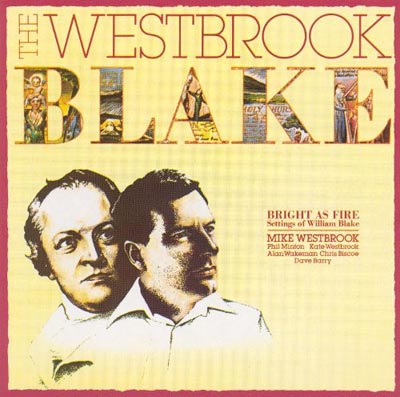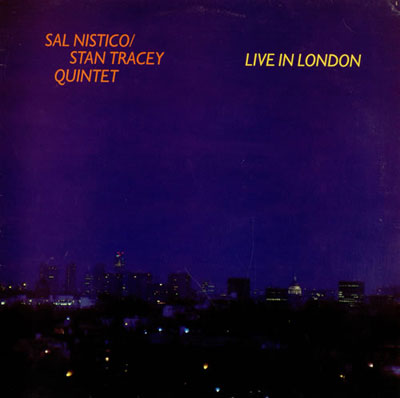Categories
- Actionism
- Industrial
- Harsh Noise
- Power Electronics
- Electroacoustic Noise
- Martial
- Dystopia
- Darkness
- Synthesizer
- Scum
- Club->
- Deep-sea
- Ambient
- Piano
- Rock->
- Contemporary->
- Dada / Fluxus
- Spoken Word / Onkyoshi
- Soundart
- Video Art
- Collage
- Experimental Turntablists
- Field Recording
- Self-made Instruments
- Drone / Dark Ambient
- Improvisation
- Free Jazz
- Jazz
- Rare Schellack
- Japanese->
- Japanese Traditional Music
- Tribal
- Rainy Day
- Book, Fanzine
- Used->
- Goods
- New Products ...
- Featured Products ...
- All Products ...
Information
Event
Copyright © 2024 parallax records


